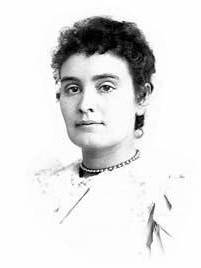A Quote by Don DeLillo
For me, wellbehaved books with neat plots and worked-out endings seem somewhat quaint in the face of the largely incoherent reality of modern life; and then again fiction, at least as I write it and think of it, is a kind of religious meditation in which language is the final enlightenment, and it is language, in its beauty, its ambiguity and its shifting textures, that drives my work.
Related Quotes
We believe we can also show that words do not have exactly the same psychic "weight" depending on whether they belong to the language of reverie or to the language of daylight life-to rested language or language under surveillance-to the language of natural poetry or to the language hammered out by authoritarian prosodies.
Again and Again, however, we know the language of love, and the little churchyard with its lamenting names and the staggeringly secret abyss in which others find their end: again and again the two of us go out under the ancient trees, make our bed again and again between the flowers, face to face with the skies
In the future, we've forgotten it. It's disappointing to find out that the past is the present is the future. Nobody wants that. And yet, that's what it is. Maybe it's a kind of surrealist move, to use language like "post-racial" - thinking that if you create the language for it, it will happen. I wish it worked that way. But that's not our reality.
I have an idea that the only thing which makes it possible to regard this world we live in without disgust is the beauty which now and then men create out of the chaos. The pictures they paint, the music they compose, the books they write, and the lives they lead. Of all these the richest in beauty is the beautiful life. That is the perfect work of art.
I had a teacher once who said, "If you are going to write fiction, you should only read poetry." I have always been interested in the writers who care about their sentences and who really work on that level. I have always said that I hate writing, I love revision. So, the language is really important to me. And the comedy and the horror that come out of the language.
I work just as much as I always worked. And I can't explain the fact that there have been a series of books coming rather regularly out of me. I work most days and if you work most days and you get at least a page done a day, then at the end of the year you have 365. So the pages accumulate and then I publish the books.






































